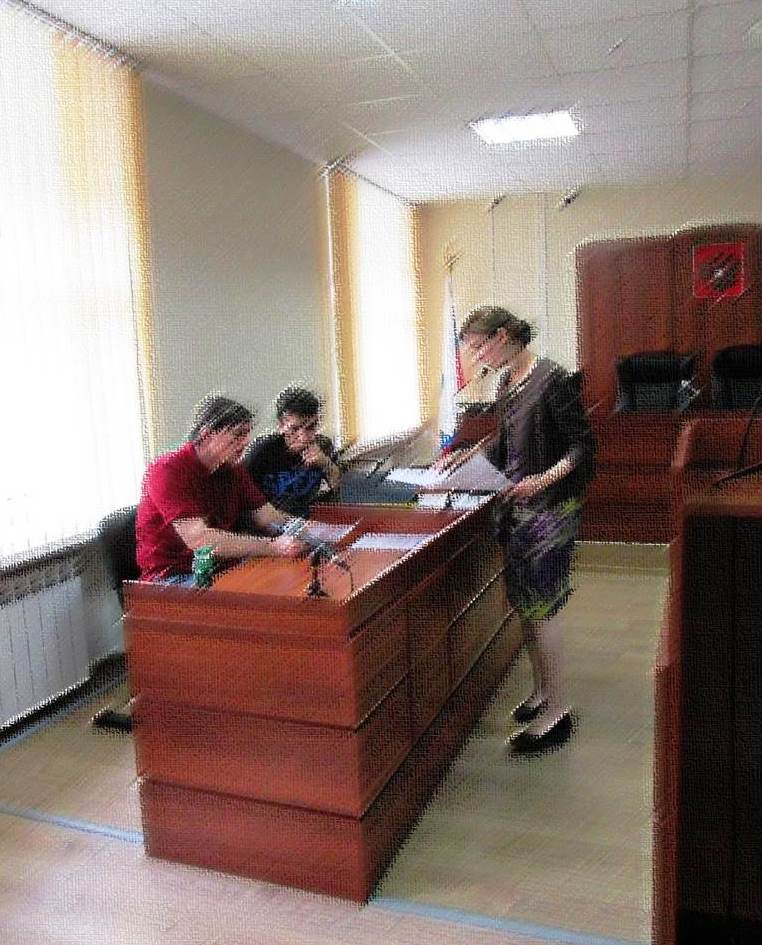What are the echoes of the 'European refugee crisis' in Russia?
Russia, although an important political player in the Middle East, is not the most likely destination for Syrians fleeing the civil war (2011 – ongoing). According to the United Nations High Commissioner for Refugees (UNHCR) the cumulative figure of ‘Syrian people of concern in Russia’ up to December 2014 has not exceeded 10,000. For comparison - UNHCR estimates that 4,718,279 people have fled Syria (as of February 2016), 20 percent of them seeking safety in Europe (972,012 people as of February 2016). Syrian refugees in Russia constitute therefore a little above 1 percent of all Syrians in Europe.

This project explores a case study of two Syrian men and one Palestinian (resident in Syria) who were to be deported from Russia on account of undocumented work. The men applied for asylum in Russia but the domestic courts did not give much weight to this development and supported their deportation stressing that the men arrived in Russia as ‘migrant workers’ and not ‘refugees’.
Why were the Syrian men’s claims to international protection rejected in Russia on account of their previous undocumented work?

The judgment of LM and Others v Russia (App nos 40081/14, 40088/14 and 40127/14, ECtHR 14 March 2016) sets the standards of protection of Syrian refugees in all Council of Europe (and European) countries: suspending and making illegal any returns to Syria as deportation breaches Articles 2 and 3 (right to life, prohibition of inhuman and degrading treatment) of the European Convention of Human Rights.

